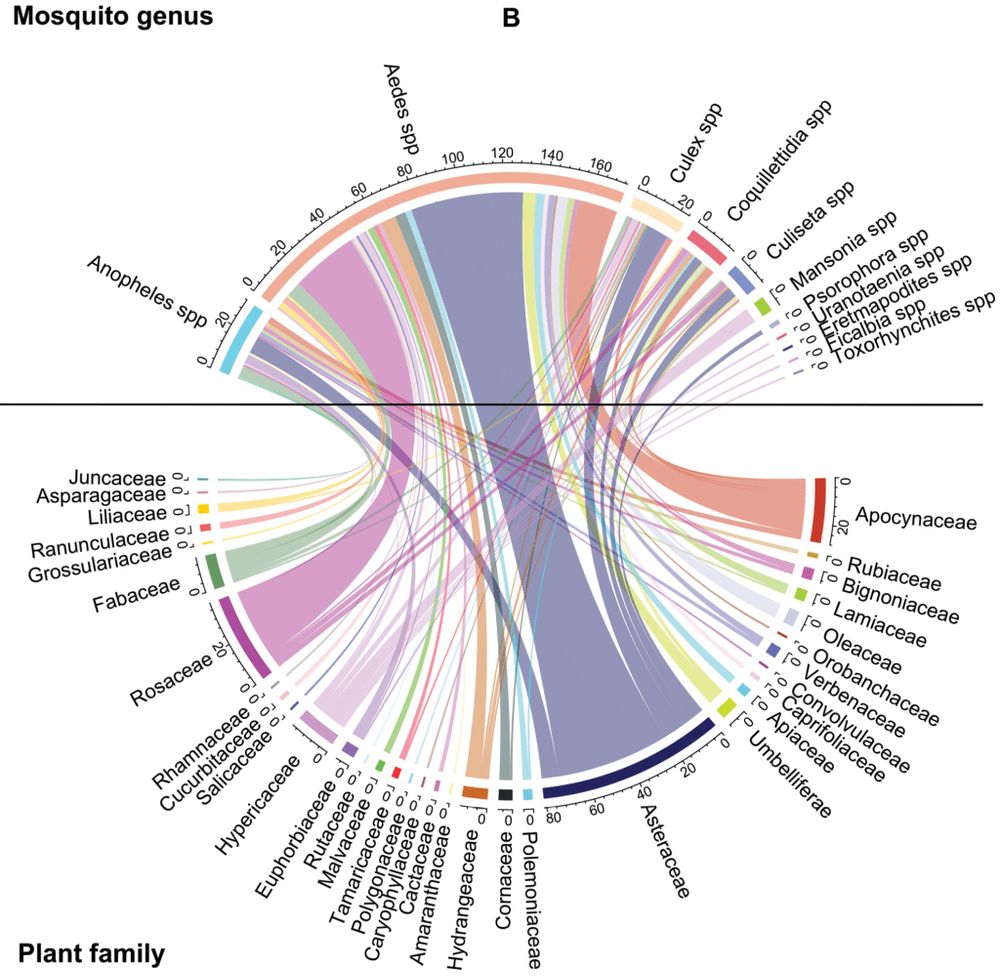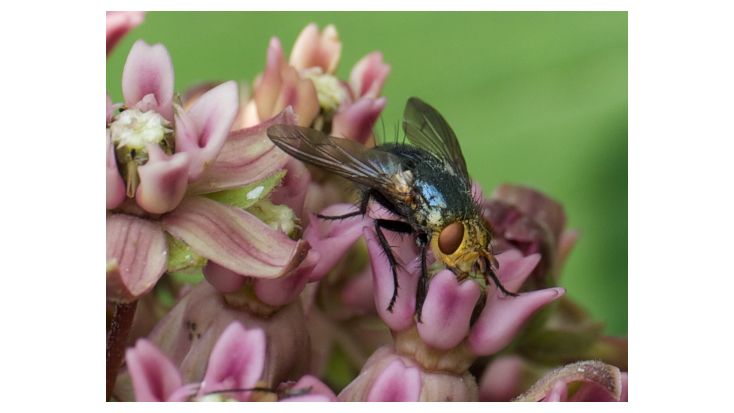nicolewonderlin.weebly.com






🌍🐝🐞 Protecting all pollinators is essential for our ecosystems and food security."
www.psu.edu/news/researc...

🌍🐝🐞 Protecting all pollinators is essential for our ecosystems and food security."
www.psu.edu/news/researc...

